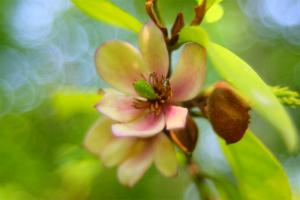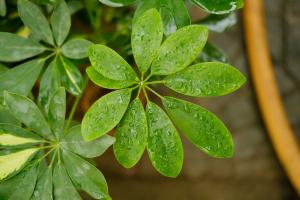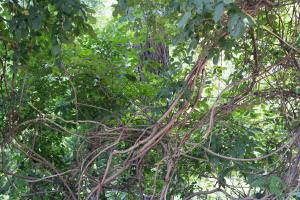Sprinkle a little brown sugar, and the compost will not stink
Composting is actually anaerobic fermentation, which ferments the nutrients in the fertilizer to form a fertilizer liquid that is easy to be absorbed by plants. Sprinkle a little brown sugar inside during composting, which can improve the speed of composting and does not stink~
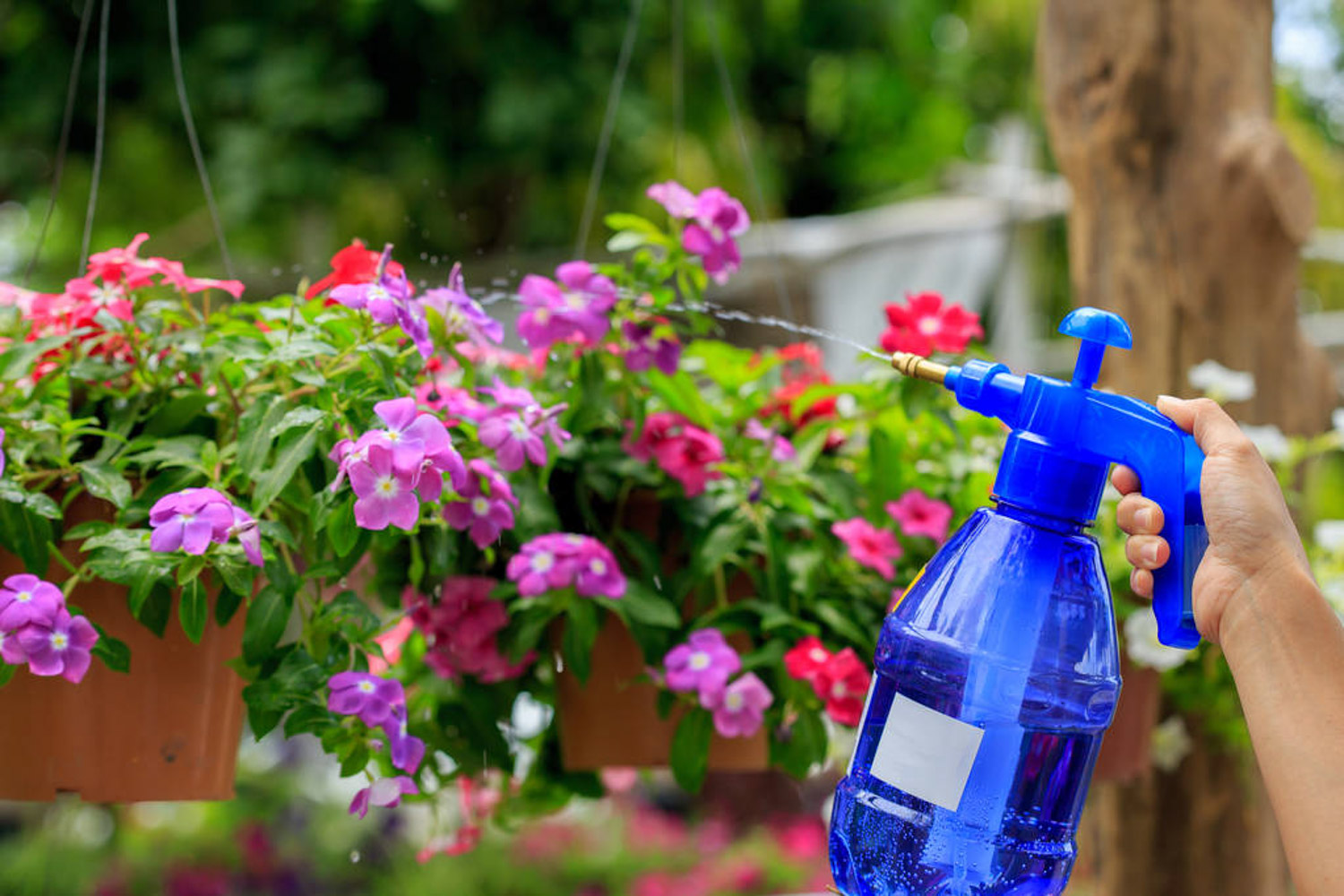
Why does brown sugar stop smelling
Brown sugar is the finished sugar with honey made from sugarcane, which contains 95% sucrose, some minerals and trace elements. When brown sugar is added to the retting bucket, the sucrose is very easy to react, which is equivalent to improving the fermentation speed and making the fertilizer Rett well quickly, so that there will be no odor
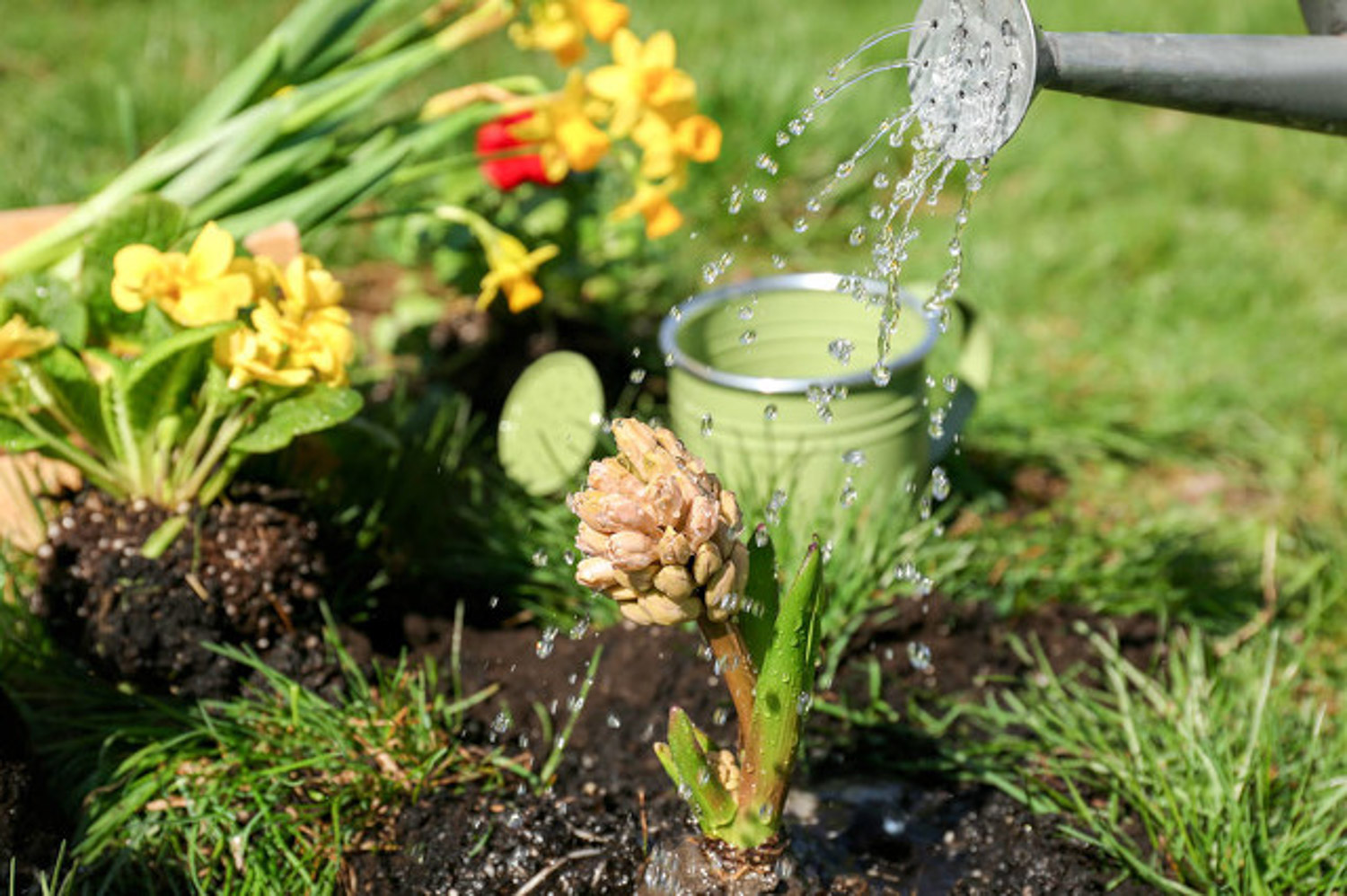
Specific usage:
1. Prepare a little brown sugar. The specific amount depends on the amount of fertilizer. For example, a plastic fertilizer uses a spoonful of brown sugar. Put it in a pot, add some water and boil it over low heat for 2 or 3 minutes
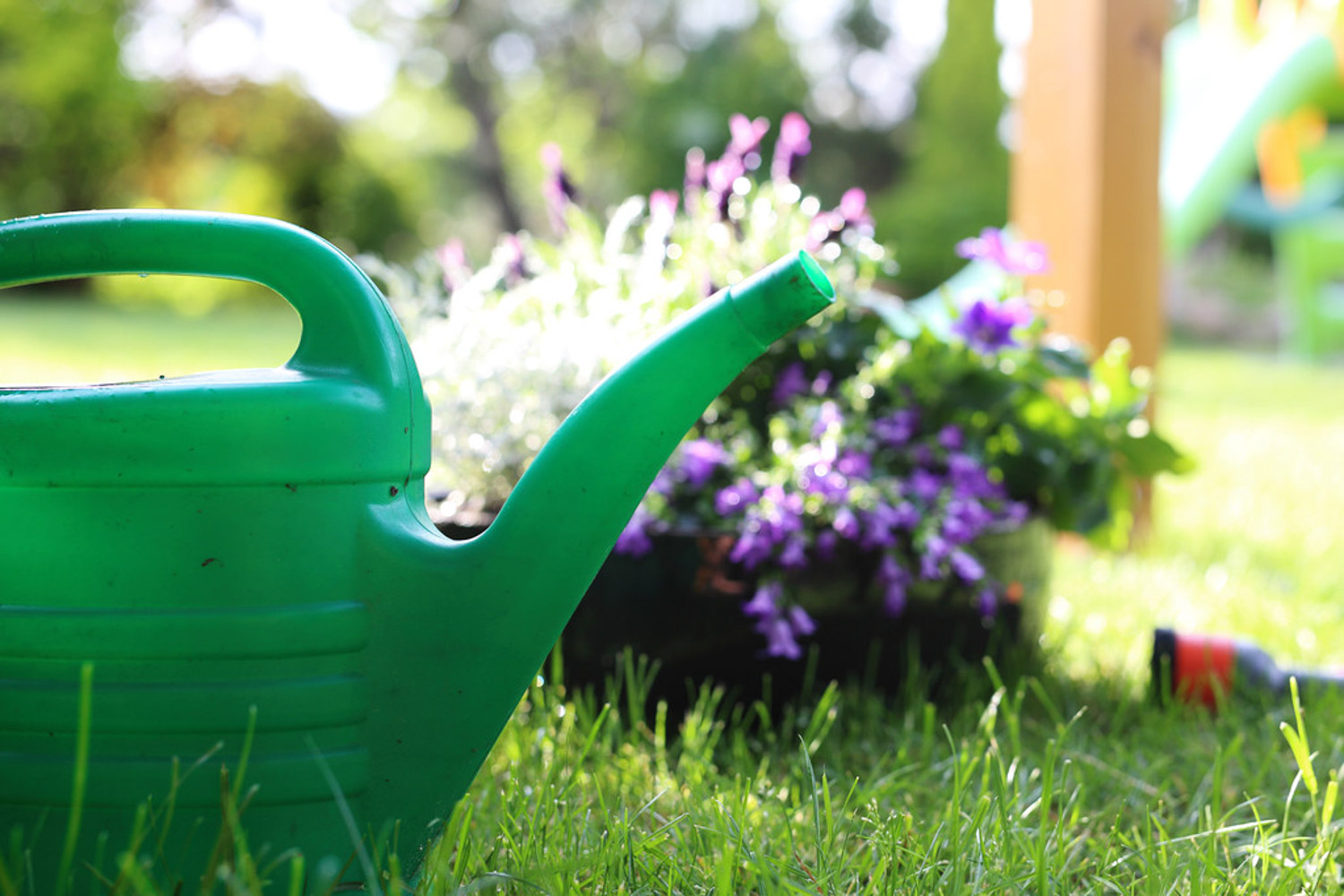
2. Put the fertilizer to be retted in advance into the container, then pour in the cool brown sugar, mix evenly, seal and ferment. Adding brown sugar can make the fat ferment faster and better, and it won't stink when it's used
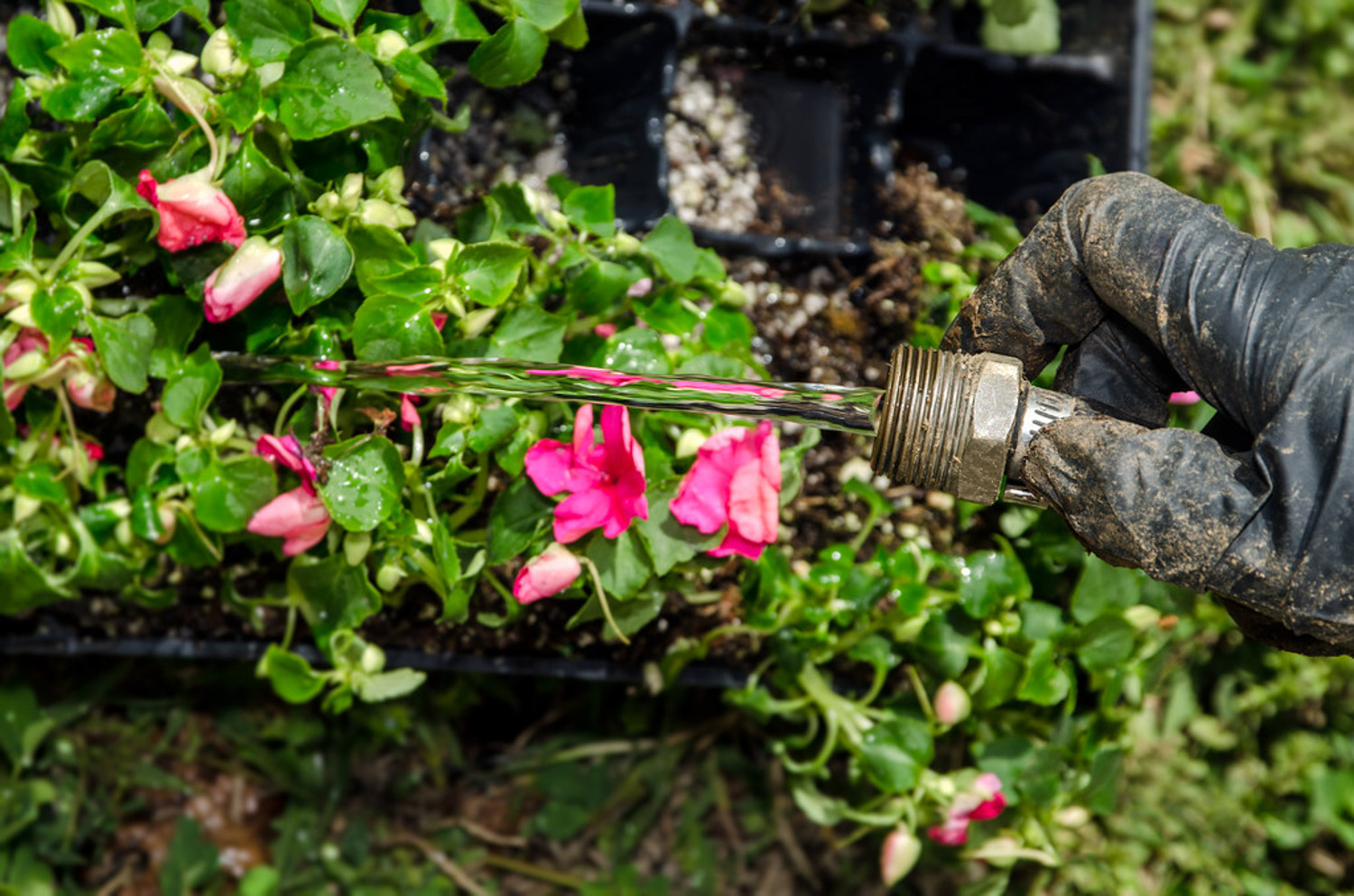
Put a piece of orange peel, and the compost will not stink
If you can't buy EM bacteria, there is also a good thing for composting and deodorization. Huahua ensures that this thing is available in every family, that is, orange peel. When composting, add some orange peel, which not only doesn't smell, but also has a faint fragrance~
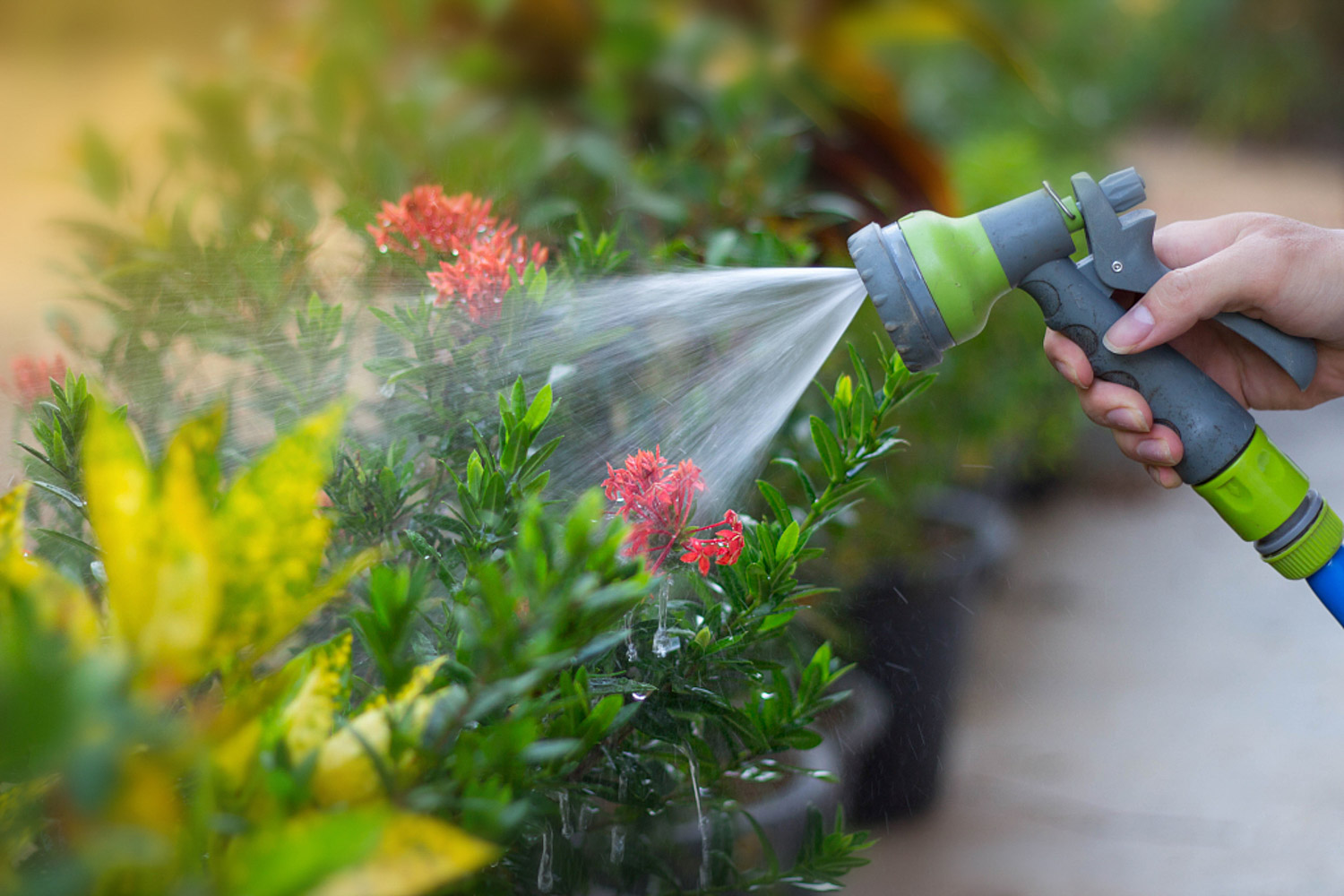
Why doesn't it stink with orange peel
orange peel is rich in vitamin C and essential oil. That's what orange peel smells like. When you add some orange peel when you are compost, the essential oil will be released. It will make the fertilizer not only stink, but also a faint fruit flavor. p>
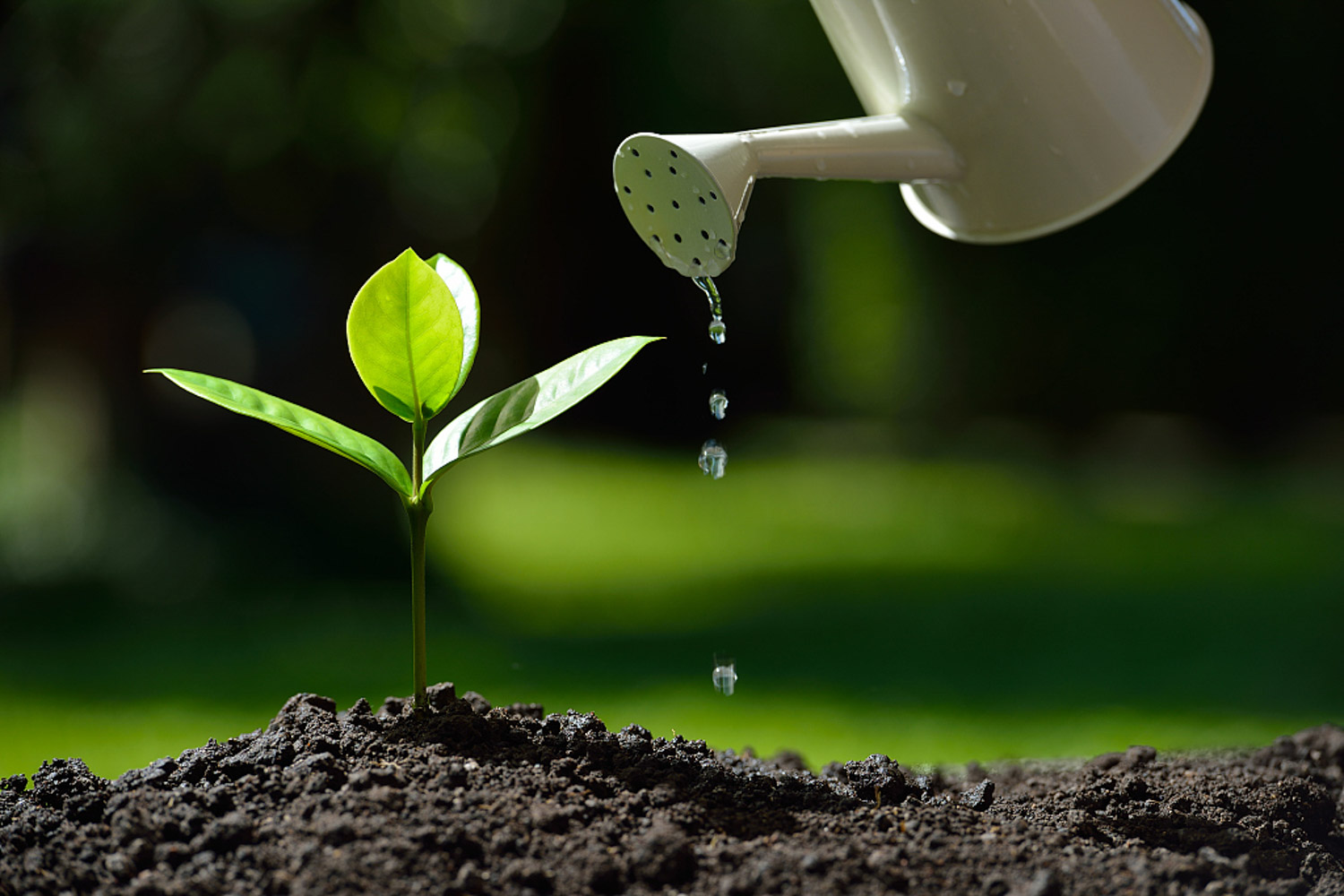
(the picture comes from Kafka upstairs of Sina blog)
Specific usage:
1. Collect the leftover orange peel. You can tear the orange peel into small pieces by hand, or cut the orange peel into thin filaments with a knife, which increases the contact area with the fat liquid and is more effective than throwing a large piece directly into it

2. Treat the fertilizer in advance, put it into a plastic bottle, put the cut orange peel before adding water, and then seal it. After fermentation, the fertilizer will have a faint aroma of fruit

Put a little lees, and the compost will not stink
Put some distiller's grains during composting. The fertilizer has no odor. You can smell a smell of wine when you use it. Isn't it magical and convenient

Why does distiller's grains stop smelling
Distiller's grains is the residue left after brewing with grain. It contains a lot of crude protein and amino acids, and is rich in yeast. It is a natural flower fertilizer starter. When retting, add a little distiller's grains. The flower fertilizer will be retted quickly. It not only doesn't smell, but also has a faint aroma of wine

Specific usage:
1. Handle the things to be retted and put them into the container. Put some lees before adding water. The specific amount depends on the amount of fertilizer. Then add water and stir evenly, seal and ferment

2. After adding distiller's grains, the fermentation time can be shortened. It would take two months of fertilizer to Rett in a month. The wine itself will be more nutritious~

If you drop a little EM bacteria, the compost will not stink
Usually, the kitchen waste at home is used for composting, and the flowers grow wildly and bloom. However, compost is easy to stink due to incomplete fermentation. It doesn't matter. Adding a little EM bacteria can solve this problem

Why don't you add em
The really retted flower fertilizer has no odor, only a faint sour smell. Generally, flower markets or pesticide stores sell EM bacteria. EM bacteria contain many kinds of probiotics, which can effectively promote the fermentation of flower fertilizer, shorten the time of composting and remove peculiar smell

Specific usage:
1. Take retting peanut shell as an example, clean and crush the peanut shell, add water and cook for 20 ~ 30 minutes, pour some EM bacteria into the peanut shell, pour 30 ~ 40ml at a time, and stir evenly

2. In addition to retting peanut shells, some EM bacteria can be added to other retting, in which probiotics can fully decompose fertilizer and promote flower fertilizer fermentation, so that retting can be completed as soon as possible, and the branches and leaves will be greener for flowers

Use some soot to fertilize without insects
Many people have a concern about composting, that is, they are worried about insects. In fact, as long as you put some soot inside during composting, this problem can be solved easily

Why doesn't soot make insects grow
Soot contains some tar, nicotine and other components, which can effectively kill insects, such as aphids, small black flies, tide insects, etc. when adding some soot during composting, there will be no insects in composting

Specific usage:
1. Usually collect soot, put an appropriate amount of soot in a bowl, add water into it, stir evenly and put it for 1 or 2 days, and it will be completely dissolved

2. After putting the things to be retted into the bucket, pour the ash water into it, then add water, stir it evenly and seal it for fermentation. In this way, the retted fertilizer will not produce insects, and the ash is also a potassium fertilizer, which can make the flowers bloom better~

Use some oleander peach leaves to fertilize without insects
If you have oleander at home, you don't have to worry about insects when composting. When composting, just put a little oleander leaves to ensure that there is no worm

Why do you add oleander leaves without insects
Oleander is a highly toxic plant. Its branches and leaves contain cardiac glycosides and other toxic substances, which can kill insects. When composting, add some oleander peach leaves, so you don't have to worry about insects

Specific usage:
1. Cut some oleander leaves. Be careful to wear gloves to avoid discomfort due to contact with skin. Mash them for standby

2. When retting, add the things to be retted into the container, put in the mashed oleander leaves, then add water, stir evenly, seal and ferment, and there will be no insects~

Use some garlic to fertilize without insects
Oleander is not very common. Many flower friends don't have it at home. In fact, there are some things at home that can replace oleander leaves. Garlic, for example, can also repel insects

Why does garlic not produce insects
Garlic contains allicin, sulfur compounds and other components, which can play the role of sterilization and disinfection. Adding some garlic during composting can effectively avoid insects

Specific usage:
1. Prepare healthy and pest-free garlic, peel and break the garlic into garlic cloves, take 2 or 3 cloves and crush them as much as possible, and place them for 10 minutes to fully release allicin

2. Put the things to be retted in the retting bucket, pour in the crushed garlic, then add water and stir evenly, seal and ferment, so that the retting will not produce insects

Use some cinnamon powder to fertilize without insects
It's troublesome to produce insects in retting. In addition to garlic, cinnamon powder used for cooking can also be used to remove insects in retting. The effect is also very good

Why doesn't cinnamon powder produce insects
Cinnamon powder has a special smell. It is made from the dry bark and branch bark of cinnamon. It has a good sterilization and disinfection effect. When composting, add some cinnamon powder to stop insects

Specific usage:
1. Prepare a bowl, put in some cinnamon powder, then fill it with water, stir the cinnamon powder with chopsticks and let it dissolve fully in the water

2. After putting the things to be retted into the container, pour in the cinnamon powder water, then add water, stir evenly, and then seal and ferment. In this way, the retted flower fertilizer will not produce insects~

You don't have to worry about stinking anymore
Not a worm yet~
Let's move quickly~
What's the problem
Welcome to leave a message for Huahua~
If you find this article useful
Don't forget to share it with your friends~
Let more flower lovers know

 how many times do yo...
how many times do yo... how many planted tre...
how many planted tre... how many pine trees ...
how many pine trees ... how many pecan trees...
how many pecan trees... how many plants comp...
how many plants comp... how many plants can ...
how many plants can ... how many plants and ...
how many plants and ... how many pepper plan...
how many pepper plan...
